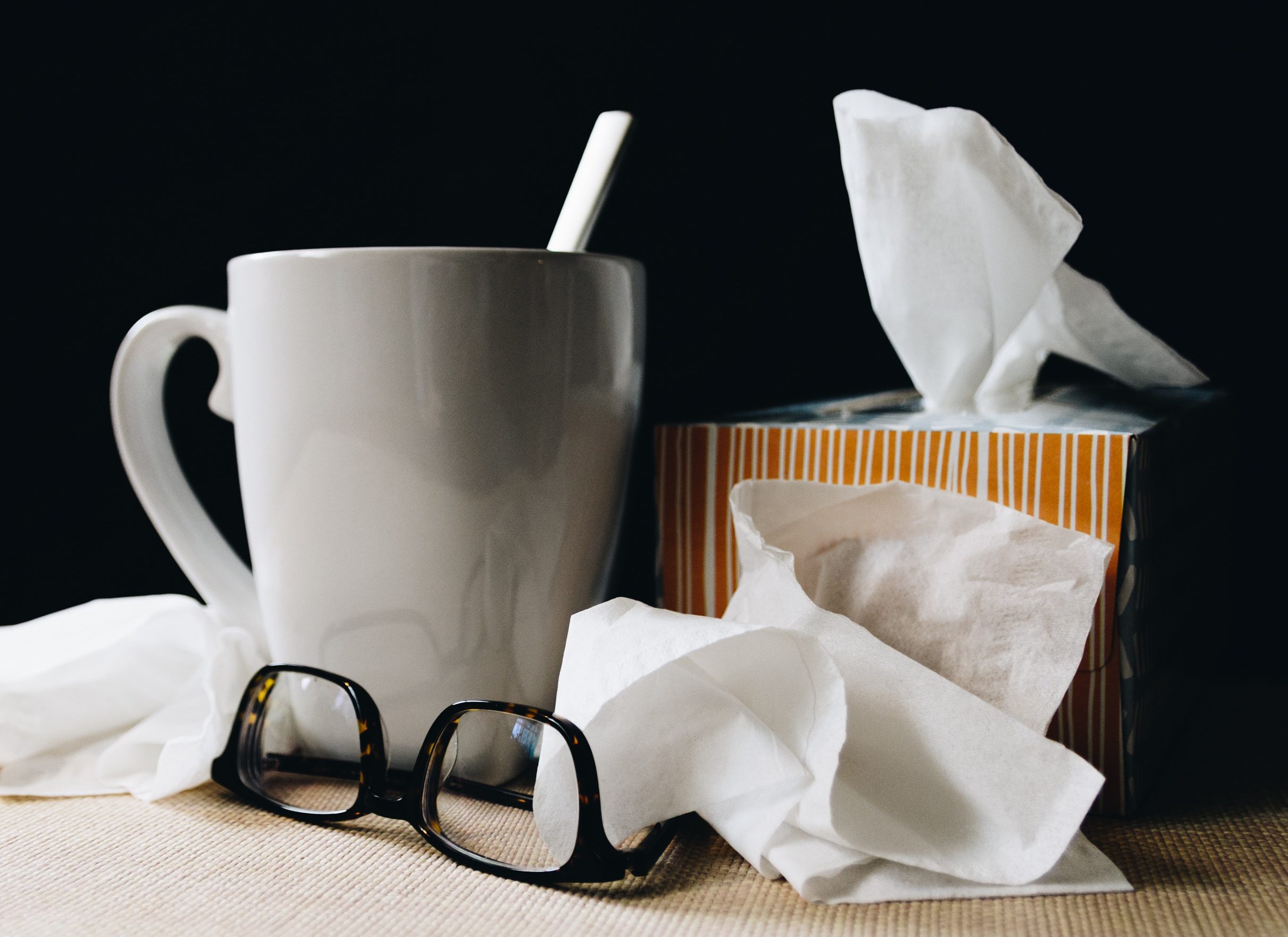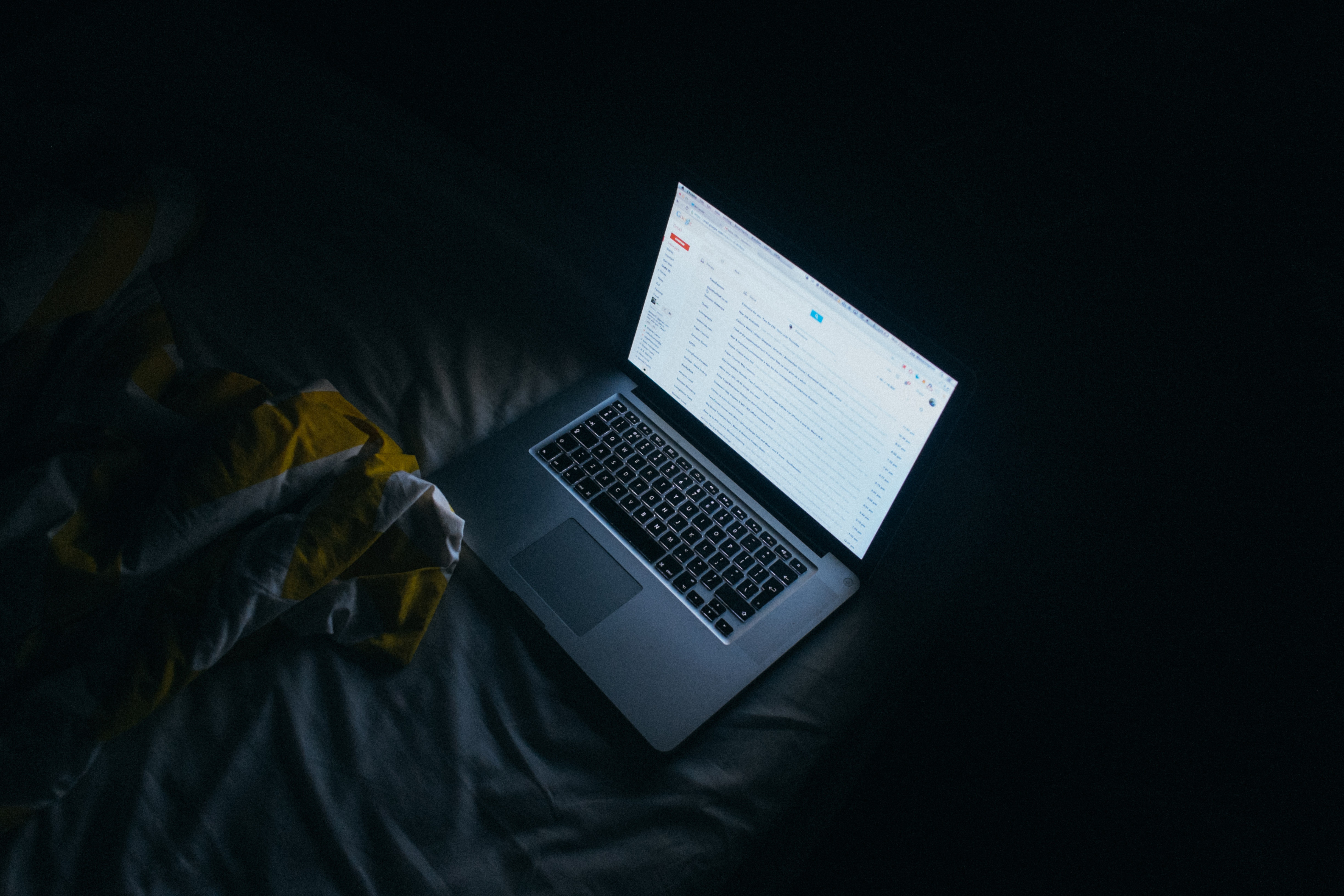KARACHI: Skincare can often feel like a daunting task. Developing a proper skincare routine and sticking to it is not everyone’s cup of tea. Neither do people know which products work best for their skin type. People with clear skin also think they have nothing to worry about. However, caring for your skin and allowing it to repair while you sleep is a convenient option which can work for many. During sleep, your skin’s blood flow increases, it rebuilds its collagen and repairs damage from UV exposure, reducing wrinkles and age spots.
Other than getting enough sleep each night, here are some tips on how to sleep your way to healthier skin.
1. Clear your skin
Washing your face before going to bed is more important than washing it in the morning. If you have make up on, remove it regardless of how tired you are or how little product you used. Using a gentle cleanser to clear your skin of make up, dirt and oil will stop irritants from sinking into your skin and damaging it.
2. Moisturize
Washing your skin can leave it dry and dehydrated. Your skin also loses more water at night if not protected by natural oils. While drinking water is an option to keep yourself hydrated, moisturizing your skin will also prevent your skin from feeling dull and cracked.
3. Use Vitamin C
Incorporating vitamin C in your life can help boost the production of collagen, which is a protein that provides your skin with structure. You can either take vitamin C supplements or use products which have the vitamin. It can also help reverse the damage caused by exposure to sun.
Vitamin C may be listed on your skincare product as: L-ascorbic acid, sodium ascorbyl phosphate, ascorbyl palmitate, or retinyl ascorbate.
4. Sleep on your back
Being asleep is the only time when your face comes in direct contact with the things around it for hours. Hence, the material of your bedsheet and pillowcase makes a lot of difference. Sleeping on a rough cotton surface can irritate your skin and compress your face for long hours at a time, resulting in wrinkles. Sleeping on your stomach or your side can also result in wrinkles on the face and chest. Try to sleep on your back to minimize the damage caused or use a silk or satin pillow cover.
5. Elevate your head
Propping your head up against a pillow while you sleep can help repair your skin as well. By improving blood flow to the body, elevating your head can help reduce bags and dark circles under your eyes.
Other than opting for sleeping habits that help repair your skin, also keep an eye out for everyday items that could be harming your skin!

 Photo: Instagram.com/zaranoorabbas.official/
Photo: Instagram.com/zaranoorabbas.official/











